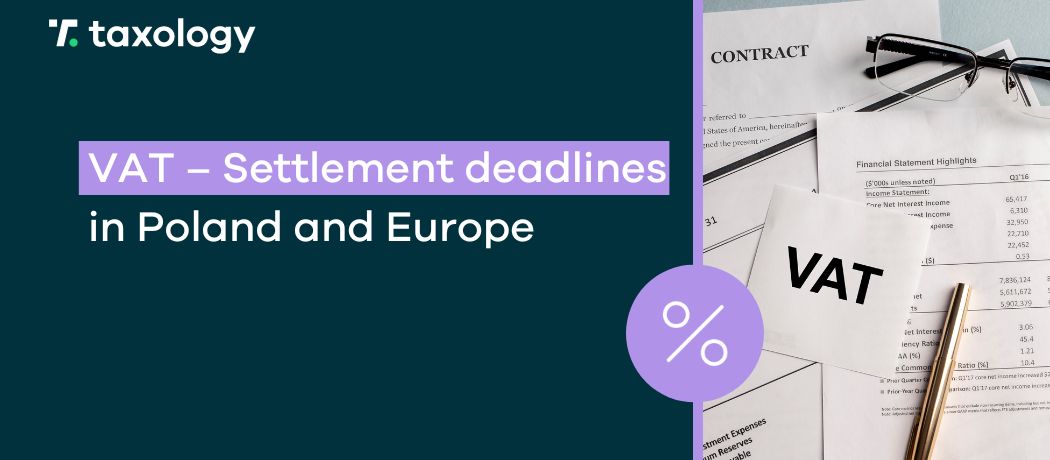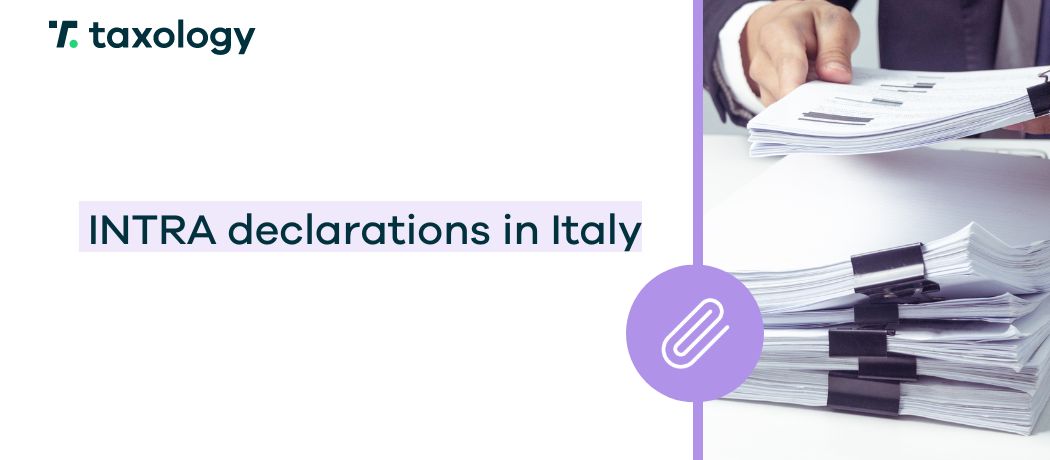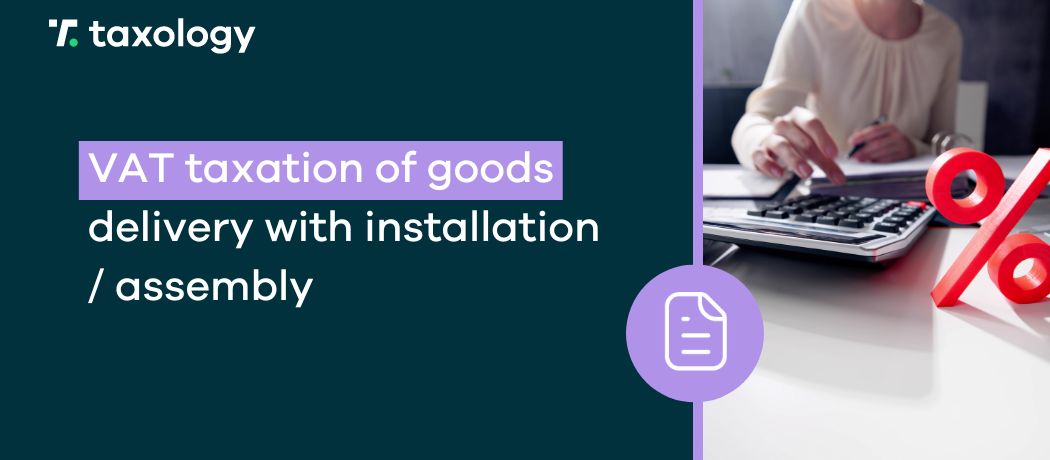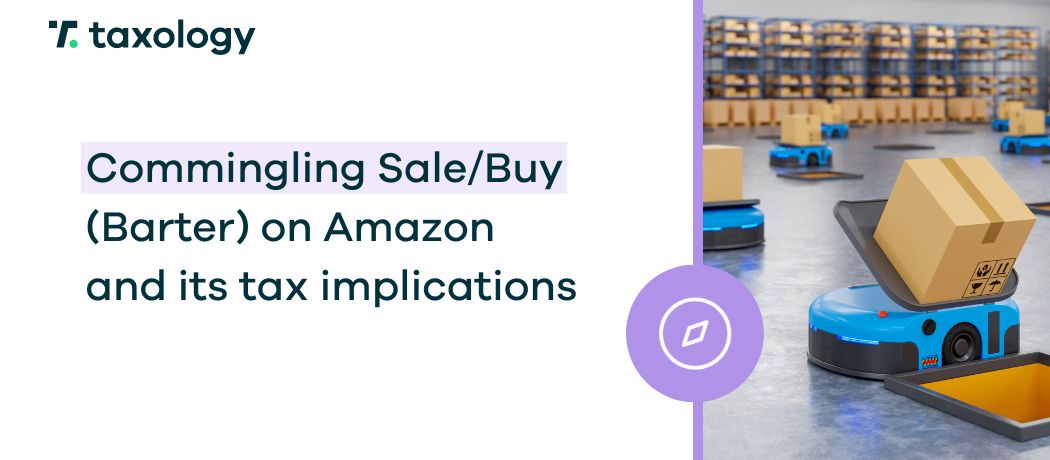Italy ranks as the fourth largest e-commerce market in Europe in terms of value. It is no surprise, then, that it attracts entrepreneurs looking to expand in this direction. However, […]
Read in: 4 minVAT – Settlement deadlines in Poland and Europe
- Last update: 23.02.2024
- Published: 26.09.2022
- Read in: 6 min
Expanding e-commerce operations into more countries brings a number of challenges. Many of these, such as translating offers or the dispatch process, can be duplicated for any subsequent market without much difficulty.
The situation is somewhat different when it comes to legal issues and VAT (a.k.a. Value Added Tax) settlements. The provisions concerning the time limits for declaration and payment of value added tax vary between European countries. This can significantly hinder e-commerce expansion and, in the case of delays or errors, even get the company into trouble.
In the following article you will find about:
- in which situations cross-border VAT settlements are necessary
- deadlines for submitting returns and paying VAT in European countries
- what are the possible consequences of late declarations and payments
- how the VAT OSS procedure can simplify VAT settlements when selling in multiple markets
When does VAT have to be settled abroad?
The need to declare a company for VAT and to settle VAT abroad arises primarily in two situations:
1. The company exceeds the mail order limit
Since the 1st. July 2021, the European Union has introduced a unified provision concerning mail order between member states. Before it was introduced, mail order limits were set individually by Member States.
Under this provision, sellers have the option to tax the transaction in their country so long as the limit of PLN 42,000 (EUR 10,000) is not exceeded. After this amount has been exceeded in sales to EU countries, there is an obligation to register for VAT in each country to which the goods have been shipped or for VAT OSS, therefore it is usually more beneficial to use VAT OSS.
Regardless of the chosen form of settlement, this option only applies if the company warehouses and ships the goods directly from the country of its registered headquarters. This fundamental condition leads us to the second option.
Read more about the VAT OSS procedure.
2. The company warehouses goods in another country
Whenever a company warehouses goods in another country, it is required to register as a VAT payer. Due to the increasingly stringent standards of the e-commerce market, more and more, this is becoming a necessary step. What does this result from?
One significant factor is that next-day parcel delivery is practically a requirement in today’s e-commerce. If the buyer cannot receive the purchased product the day after the purchase, in many cases they will start looking for a competitor that provides this service.
To ensure fast shipping times for their buyers, companies choose to set up warehouses abroad or use companies that provide fulfilment services. Warehousing of goods in countries outside of the company’s headquarters may be a prerequisite when selling through the Amazon FBA (Fulfillment By Amazon) model.
What’s more, in order to fully benefit and achieve higher rankings on Amazon listings, companies must agree to warehouse goods in multiple countries within Europ This sales model is called PAN-UE FBA. You can read more on this topic in the article “What is the FBA model when selling on Amazon?”.
Deadlines for VAT settlements in EU countries
| Country | Deadline for declaration and payment |
| Austria | No later than the 15th day of the second month following the accounting period. |
| Belgium | By the 20th. day of the month following the accounting period. |
| Czech Republic | By the 25th day of the month following the accounting period. |
| Croatia | By the 20th of the month following the accounting period. |
| France | By the 19th day of the month following the end of the accounting period. |
| Spain | By the 20th of the month following the accounting period. |
| Netherlands | By the last day of the second month following the accounting period. |
| Ireland | By the 19th of the month following the accounting period. |
| Germany | By the 10th of the month following the accounting period. |
| Poland | By the 25th day of the month following the accounting period. |
| Romania | By the 25th day of the month following the accounting period. |
| Slovakia | By the 25th day of the month following the accounting period. |
| Slovenia | By the last working day of the month following the accounting period. |
| Sweden | Monthly by the 26th day of the following month, quarterly by the 12th day of the second month following the accounting period. |
| United Kingdom | By the 7th day of the second month following the end of the accounting period ( regardless of whether it is a weekday, weekend or holiday). |
| Italy | Monthly payments – by the 16th of the following month, quarterly payments – by the 16th of the second month following the end of the quarter. Declarations are always submitted quarterly (regardless of the selected payment scheme) and should be received by the office by the last working day of the second month after the end of the quarter. |
You can clearly see that VAT settlement deadlines can vary by up to a dozen days between countries. This is, of course, one of the many differences in accounting procedures, and unfortunately any delays or errors in declarations are likely to result in penalties.
What is the penalty for failing to pay or submit a VAT return on time?
Penalties for any oversights or delays in VAT returns and payments also widely vary from country to country. In the Netherlands, the penalty for late payment is 3% of the amount due with a maximum limit of EUR 5278, while in Italy it is as much as 30% plus an additional 2.5% interest annually.
Due to these and many other regulatory differences, it is becoming increasingly difficult for companies expanding abroad to ensure declaration compliance and timely payments. The solution to this problem can be found in the VAT compliance service, where all VAT registration and accounting issues are outsourced and entrusted to an external company. As experts in this field, we help e-commerce companies to manage these processes from the beginning to the end, while they can focus their attention on sales.
How to simplify the VAT settlement process under the European VAT OSS procedure?
VAT One Stop Shop (VAT OSS) is a simplified procedure for settling VAT within the EU countries. It has been specifically designed for companies selling services and goods online in various EU countries Using this solution, companies can settle VAT in a single declaration and payment, instead of separate procedures for each country where they dispatch goods. They are also not required to register for VAT in each EU country separately.
Entrepreneurs who wish to take advantage of this solution must report to the VAT OSS in the country where the company has its registered office. Once a quarter, they submit a summary declaration and payment, which is distributed by the OSS VAT system to the relevant countries. The use of VAT OSS is not mandatory, but it significantly facilitates VAT accounting. Particularly for companies shipping to buyers from multiple member states.
For more on VAT OSS, read the article: Who does VAT OSS apply to?
Take advantage of the support of experts who will take care of your timely payments
Maintaining order when filing VAT returns and settlements becomes more difficult with each new market a company enters. Changes in regulations, which must be constantly monitored and internal procedures adjusted to them, make the task all the more difficult.
If your company needs support with VAT accounting and registration, schedule a consultation with us. We offer comprehensive VAT compliance and the support of our dedicated Taxology application, which automates the processes of VAT settlements, reporting to accounting and helps detect errors in transactions.




